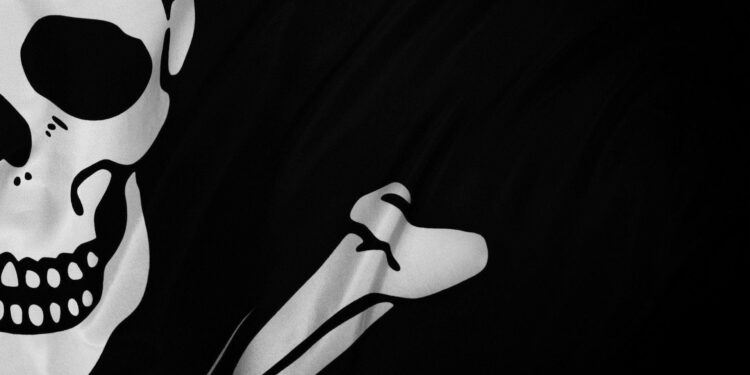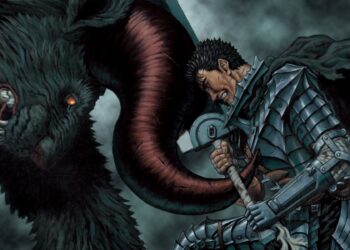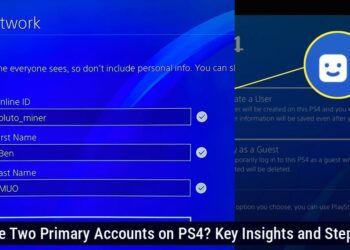Pirate Speak: Understanding the ‘Arrr’ and ‘Argh’ Phenomenon
Ask any casual observer about how pirates speak, and you’ll likely hear a chorus of “Arrr!” and “Argh!” echoing through the room. However, the reality is far less straightforward. The stereotypical pirate lingo, with its exaggerated expressions and playful banter, has roots deeply embedded in popular culture rather than historical fact. So why do pirates say “arrr”? Let’s dive into the lore.
The Genesis of ‘Arrr’
The term “Arrr” or its various iterations like “Argh” became cemented into pirate vernacular largely thanks to Hollywood. The influential 1950 film adaptation of Robert Louis Stevenson’s *Treasure Island* brought us the iconic portrayal of Long John Silver by actor Robert Newton. His thick West Country accent, characterized by a pronounced ‘r’, catapulted the stereotypical pirate voice to global prominence. But it’s important to note that this portrayal is more theatrical than authentic.
- The sound “arr” may trace its roots to the South West English accent.
- Many historians contend that actual pirates spoke in ways akin to English-speaking merchant sailors of their time.
- While pirates hailed from various backgrounds, Newton’s accent defined the modern pirate dialect.
Was There Really an ‘Arr’?
It turns out that the interpretation of pirate speech as we know it—emphasizing expressions like “Arrr!” or “Argh!”—doesn’t have much solid historical support. Experts suggest that while some English-speaking pirates might have occasionally used terms like “arr,” it was not a defining characteristic of their communication. Instead, pirates used slang such as “Ahoy!” for greetings or “Avast!” as a command to stop.
Moreover, the absence of audio recordings from the golden age of piracy (the late 17th to early 18th centuries) means we’re left guessing about the authenticity of pirate speech. The portrayal is largely a compound of fiction—drenched in the charm of fantastical narratives.
Talk Like a Pirate Day: A Modern Celebration
International Talk Like a Pirate Day has become a humorous observance where individuals embrace these legendary phrases, all initiated back in June 1995 by John Baur and Mark Summers. This day is celebrated every year on September 19, transforming mundane conversations into humorous pirate exchanges. Participants often use creative names, engage in pirate-themed events, and enjoy movies like the Pirates of the Caribbean series.
- September 19: The chosen date coincidentally matches Mark Summers’ ex-wife’s birthday.
- Notable moments include Barack Obama dressing as a pirate for a memorable celebration in the Oval Office.
The Real Meaning Behind ‘Arr’
While today’s pirate stereotypes rely heavily on the resonating “Arrr!” to convey excitement or affirmation, the word’s use can be surprisingly versatile. As per pirates’ imagined lexicon, “Arr” is a flexible term that could mean almost anything based on context and inflection—from simple affirmations to spirited battle cries.
In the realm of jokes, humor often centers on these archetypes, such as a fictitious pirate pleading, “Aarrrr, Bring me my brown pants!” before facing impending doom from multiple ships. The interplay of language adds to the mystique and enjoyment surrounding pirate culture.
Final Thoughts
As we celebrate the playful nature of pirate speech, one must remember that much of what we hear today is a compilation from cinematic artistry rather than a reflection of true pirate life. Nevertheless, phrases like “Arrr” and “Argh” remain entrenched in our collective consciousness—a testament to the enduring legacy of the buccaneering spirit. So, the next time you throw out an “Arrr, ye scallywags,” remember: it’s all in good fun!












